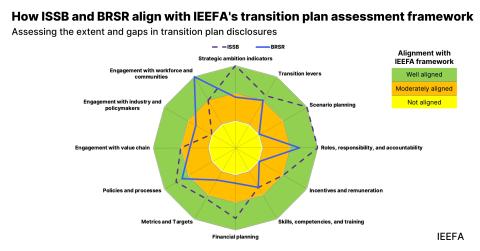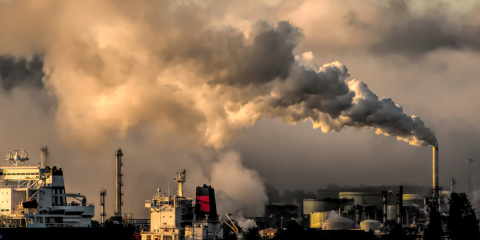Key Findings
Flaring — the venting of unneeded natural gas into the air — is a waste of natural resources and money. If the amount of gas flared in Texas in 2018 had been sold on the market, it would have brought $749.9 million to Texas oil producers.
Determining how to minimize waste is not only a matter of common sense, it is a critical element of the legislative mandate of the Texas Railroad Commission.
Executive Summary
On May 5, 2020, the RRC abdicated its statutory responsibility by rejecting a motion to curtail oil production based on economic waste without a serious discussion of flaring. The connection between flaring as evidence of oversupply (and low prices as evidence of the same) escaped scrutiny. The underlying cause of the flaring is an oversupply of gas and oil — a condition that preceded the pandemic and the price war between Saudi Arabia and Russia. The RRC and most of the industry believed the way to relieve these immediate symptoms of oversupply was to treat another symptom, the diminishing size of oil storage capacity. The RRC chose a path of simply relying on individual company and industry pledges to improve storage capacity. In so doing, the commission ignored the more basic and difficult challenge it faces — managing the decline of the oil and gas sector in Texas while supporting overall growth in the Texas economy.

















